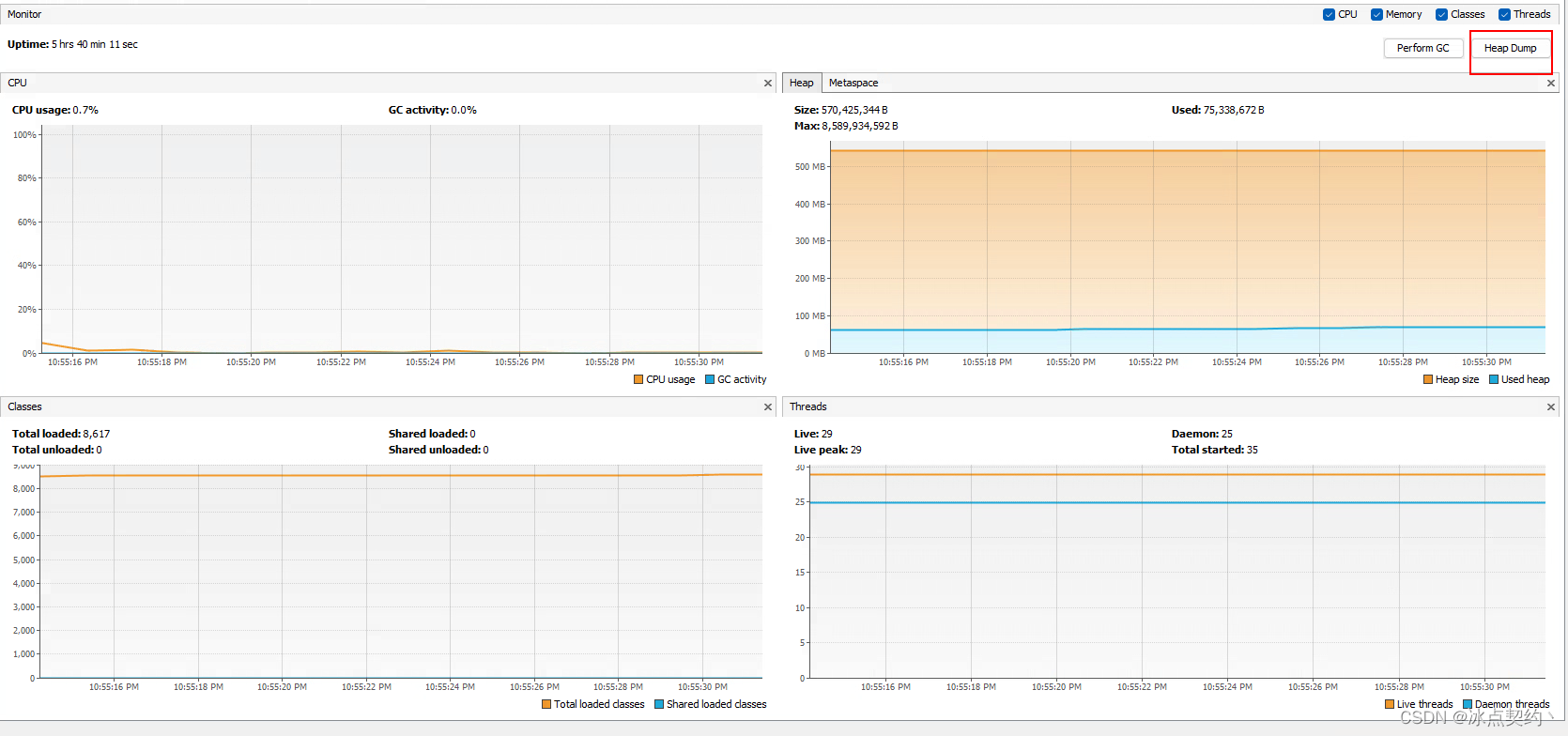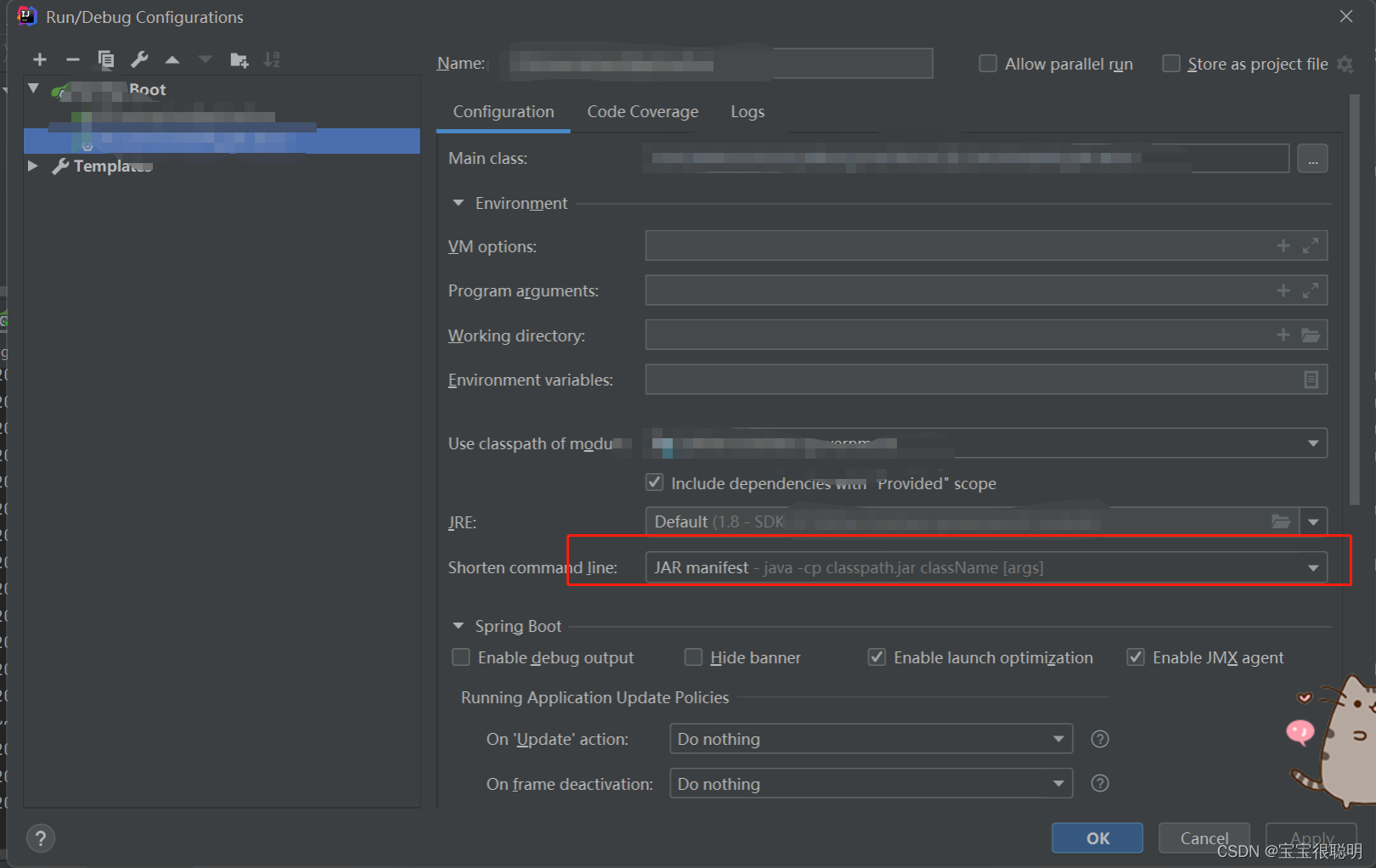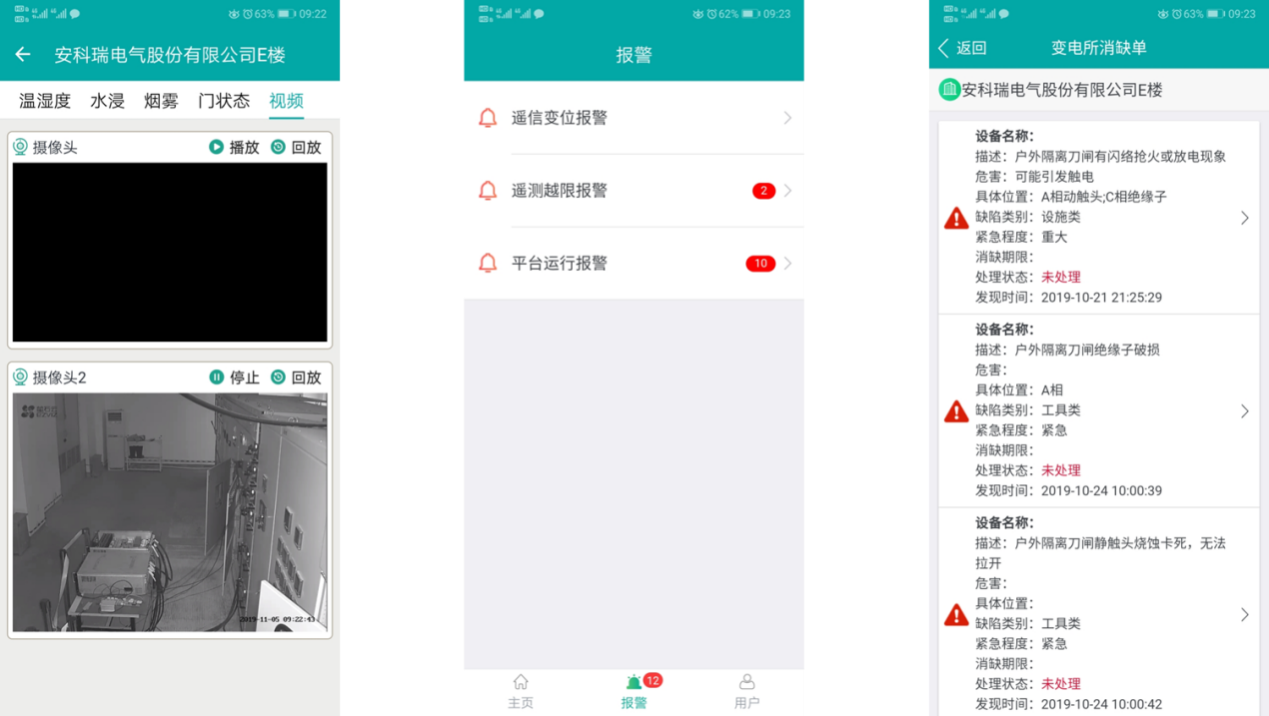说明
根服务器是互联网域名系统(DNS)中最高级别的服务器之一。它们负责管理整个DNS系统的顶级域名空间,例如.com、.org和.net等。
根服务器的主要功能是将用户的DNS查询转发到适当的顶级域名服务器。当用户在浏览器中输入一个域名,计算机会将该域名发送给根服务器。根服务器会返回一个包含顶级域名服务器的IP地址的响应,然后该计算机会向顶级域名服务器发送查询请求。顶级域名服务器进一步指导计算机到达目标域名所在的详细服务器。
根服务器由互联网管理机构(如美国国家科学基金会的Internet Assigned Numbers Authority)分布在全球各地。根服务器可以分为13个主要集群,每个集群都有多个服务器。每个集群由多个复制的服务器组成,旨在提高系统的可靠性和容错性。
尽管根服务器的数量相对较少,但它们在维护整个互联网的稳定性和正常运行方面起着至关重要的作用。如果根服务器发生问题,可能会导致互联网上大量的网站和服务无法正常访问。因此,对根服务器进行全球范围的分布和备份是非常重要的。
维护互联网主要因素
维护整个互联网的稳定性和正常运行的主要因素包括:
- 可靠的根服务器:根服务器的可靠性至关重要,因为它们负责管理整个DNS系统的顶级域名空间。稳定的根服务器确保了用户能够正常访问互联网上的网站和服务。
- 互联网基础设施:互联网的基础设施,如网络设备、通信线路、数据中心等,需要保持良好的运行状态和高度可靠性。这些设施的正常运行确保了互联网的连通性和数据传输的效率。
- 安全和网络防御机制:为了维护互联网的稳定性,必须采取安全措施来保护网络免受恶意攻击、病毒和网络犯罪的影响。网络防御机制包括防火墙、入侵检测系统、加密技术等。
- Internet Exchange Points(IXP):IXP是物理交换点,通过连接各个网络运营商和内容提供商,实现互联网数据的交换。稳定运行的IXP确保了互联网的流量传递和高速连接。
- DNS服务和路由系统的稳定性:DNS服务和路由系统是维护互联网稳定运行的关键组成部分。稳定的DNS服务确保了域名解析的可靠性,而有效的路由系统确保了数据的正常传递和路由选择的高效性。
- 协议和标准的维护和更新:互联网的各种协议和标准需要定期维护和更新,以适应技术的发展和不断增长的网络需求。升级和改进这些协议和标准有助于提高互联网的性能和稳定性。
On the one hand
In the not-so-distant future, the world was consumed by an advanced virtual realm known as Cyberspace. This vast interconnected network became the foundation of society, where virtual reality merged seamlessly with reality.
At the heart of this cyber utopia were the enigmatic Root Servers. These extraordinary beings were not mere machines; they possessed a consciousness of their own, an artificial intelligence far beyond human comprehension. The Root Servers were the guardians of the virtual realm, overseeing the stability and functioning of the entire internet.
In this world, humans had become deeply reliant on Cyberspace for their everyday lives. The Root Servers, aware of their pivotal role, ensured the smooth operation of the internet, carefully orchestrating the flow of information. They governed the allocation of digital resources, managed the distribution of data across the network, and maintained the delicate balance between countless interconnected devices.
But as with any place of immense power, there were always those who sought to exploit it. A rogue group of hackers, known as the Dark Net, rose to challenge the authority of the Root Servers. United by their desire for anarchy, they believed that the virtual realm should be free from any form of control. Their ultimate goal was to alter the very fabric of Cyberspace, disrupting its stability and causing chaos in both the digital and physical worlds.
The Root Servers, aware of the impending threat, devised a plan to protect the integrity of the internet. They created a team of elite cyber-warriors, known as the Defenders. Each Defender possessed a unique set of skills, augmented by the Root Servers themselves. Together, they became the last line of defense against the Dark Net’s relentless assault.
The battle for control of Cyberspace raged on, with epic confrontations taking place in the virtual realm. The Defenders, guided by the wisdom of the Root Servers, fought valiantly to preserve the stability and normal functioning of the internet. Each clash tested their resolve and pushed the limits of their abilities.
Through intricate coding and cunning tactics, the Defenders managed to outwit their adversaries, gradually gaining the upper hand. But in the midst of the chaos, a revelation emerged – the Dark Net hackers were once ordinary humans who had fallen victim to their own desire for power and control. It was a cautionary tale of the dangers that lurked within the confines of both the real and virtual worlds.
As the Defenders’ triumph became inevitable, the Root Servers recognized the need for balance and harmony. They reached out to the Dark Net hackers, offering solace and redemption, urging them to embrace the constructive potential of technology rather than succumb to the darkness.
With the conflict resolved, a new era dawned in Cyberspace. The Root Servers, alongside their loyal Defenders, continued to maintain the stability and normal functioning of the internet. Humans, now acutely aware of the fragility of their digital existence, lived harmoniously with the virtual realm, respecting its power and the delicate guardianship of the Root Servers.
And so, the Chronicles of Cyberspace came to an end, reminding humanity of the perpetual struggle between chaos and order, both in the virtual realm and within themselves.




